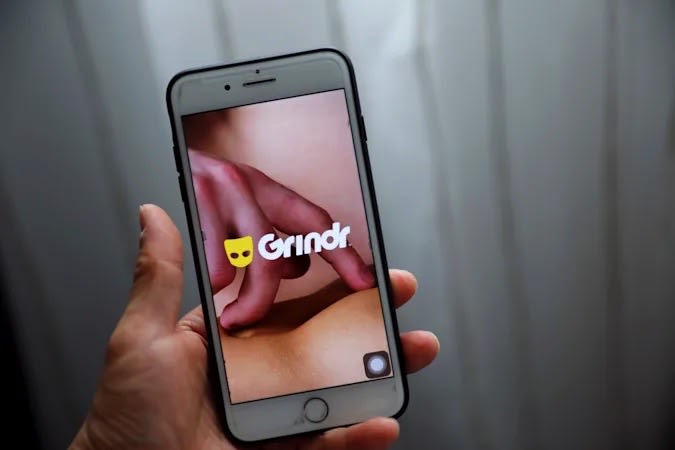The Morning After: Sony is buying the studio behind ‘Destiny’ for $3.6 billion
It’s another big game studio deal. Sony has announced plans to acquire Bungie, the studio behind the hit sci-fi MMO shooter Destiny, in a deal worth $3.6 billion. Bungie is positioning the acquisition as the start of a new era for the company — one focused on global multimedia entertainment, not just games. One notable point: Bungie will continue to develop for multiple platforms, not just PlayStation, according to a blog post by CEO Pete Parsons. It’s another sign of the video game industry . In case you forgot, last month Microsoft announced it was for $69 billion.
— Mat Smith
The biggest stories you might have missed
Superior range to the ID.4 and a lower price than the Model Y.

Hyundai
The EV6 is the first Kia vehicle under the company’s new Plan S electrification strategy, leading the way for nearly a dozen new EV models by 2026. It’s not just packing a great range, a competitive price and Level 2 autonomous driving but also some augmented reality tricks. Senior Editor Andrew Tarantola takes a drive.
Continue reading.
The event streams tomorrow.
Gran Turismo 7, finally coming to the PS4 and PS5 on March 4th after significant delays, will be the focus of Sony's first State of Play in 2022. The event is set to stream at 5 PM ET this Wednesday (February 2nd) and will feature “just over 30 minutes of new [GT7] PS5 footage and gameplay details.”
Continue reading.
China's Personal Information Protection Law might be to blame.

Reuters
One of the biggest gay dating apps has disappeared from China’s Apple App Store. There was no immediate explanation for the departure, but it came just days after China's Cyberspace Administration launched a campaign to purge illegal online material, porn and rumors ahead of the Winter Olympics.
Grindr’s developers may have removed the app due to the potential for problems stemming from China's Personal Information Protection Law, which governs private data. It requires any cross-border data transfers to go through China's Cyberspace Administration.
Continue reading.
Drawing all the company’s parts closer together.
Meta is rolling out updated 3D avatars to Facebook, Messenger and Instagram (via DMs and Stories). The new design lets you bring the same avatar across Meta's platforms, including VR — if you’re using a Quest 2 headset. If you want some degree of separation, you can still create different avatars for Facebook, Instagram and VR, so you can have a more realistic persona for and a more fantastical one for your social media presence.
Continue reading.
The move helps thwart phishing attacks.
If you've noticed Apple's two-factor authentication texts include much more text than you're used to, that’s on purpose. Apple has implemented a system that uses domain-bound codes for sign-ins. The extra tags, for example, “@apple.com #123456 %apple.com,” are meant to improve the trustworthiness of auto-filling text codes. The technique theoretically discourages more sophisticated phishing attacks that try to intercept and redirect two-factor verification messages.
Continue reading.
All products recommended by Engadget are selected by our editorial team, independent of our parent company. Some of our stories include affiliate links. If you buy something through one of these links, we may earn an affiliate commission.

